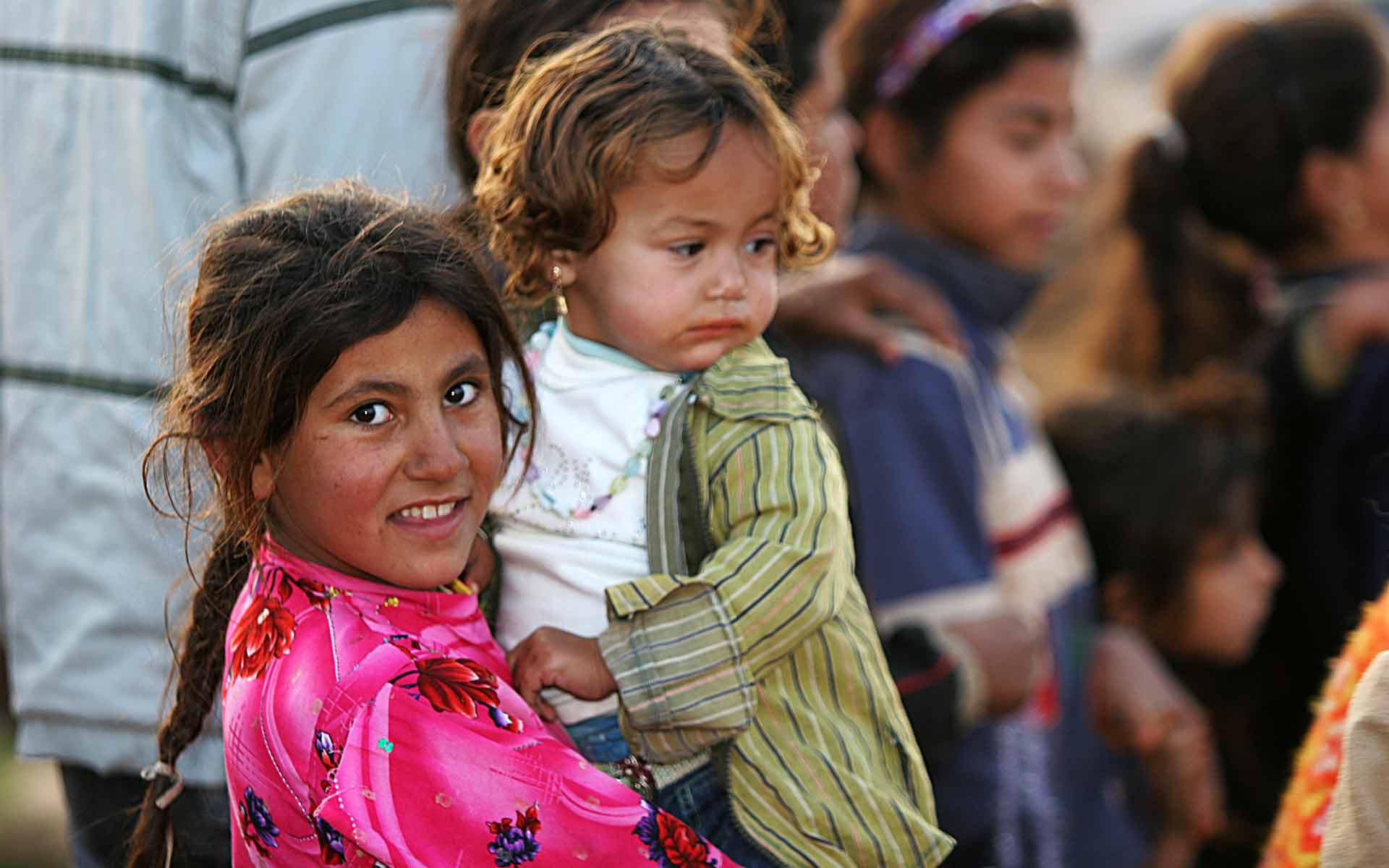Are we accepting more or less refugees?
Conflicts in Syria, the Central African Republic and South Sudan, amongst others have brought the number of refugees and internally displaced persons to a staggering 51.2 million people, the highest number since World War II, according to a recent UN report. If the world’s refugees and internally displaced persons formed their own country, they would be the 26th largest one in the world.[1] “An estimated 10.7 million individuals were newly displaced due to conflict or persecution in 2013. […] 2.5 million individuals were new refugees – the highest number of new arrivals since 1994.”[2]
Historically, Canada has had a long standing tradition of accepting refugees into his borders. It is the only nation to ever win the UN’s Nansen Medal for Outstanding service to the cause of refugee and displaced person in 1986. However, according to the UNHCR, the burden and costs associated with assisting refugees and internally displaced persons globally in 2013 continued to fall primarily on the shoulders of developing and least developed countries. “In fact, developing countries hosted 86 per cent of the world’s refugees, compared to 70 per cent 10 years ago. This is the highest value in more than two decades.”[3]
The current crisis in Syria has significantly contributed to the number of refugees and internally displaced people globally. “[T]here are 6.5 million internally displaced people and another three million refugees living in camps or with relatives in Turkey, Lebanon and Jordan.”[4] But Canada’s shifting refugee policies are not sitting well with those who think we should be doing more to help the global refugee crisis. In 2012, the government made far-reaching cuts to refugee health care, leaving many claimants without any coverage for lifesaving care, even after a heart attack or seizure occurred.[5] Earlier this month, the Federal Court deemed the cuts to be “cruel and unusual.[6] So while our government seems to be taking a step back in protecting the rights of refugees, our courts are ruling against such measures and making sure Canada’s stays on track with its international commitments to protecting refugees. In 2012, the government of Canada resettled the second-lowest number of refugees in thirty years: 26% fewer refugees were resettled than in 2011, and 2000 short of its target.[7]
In particular, Canada’s response to the situation in Syria has some critics calling it “shameful”.[8]
But the federal government thinks it’s doing enough to help refugees from around the world. Alexis Pavlich, press secretary to Immigration Minister Chris Alexander recently stated that: “Canada continues to have one of the most generous immigration and refugee systems in the world. We welcome one out of every 10 resettled refugees globally, more than almost any other industrialized country in the world.”[9] However, that can’t be accurate because Canada has committed to resettling only 1,300 Syrians by the end of 2014, a target which is not likely to be met. Canada will be footing the expenses for only 200 of those Syrians while the rest of the costs will be borne by private sponsorship including, non-profit organizations, churches and private citizens volunteering their funds. [10] A recent twitter campaign by two Istanbul-based Canadian journalists is hitting home by translating numbers from the conflict onto the population of G7 countries, using the hash tag #IfWeWereSyrian.[11]
It’s clear that Canada can and should be doing more to help refugees resettle in our country, particularly in the Syrian context. We have the resources but our government lacks the political will to make any significant changes or progress. We might have been world leaders at one point in protecting and assisting refugees but it looks like we are slowly stepping away from our international commitments. As a signatory of the UN Refugee Convention, isn’t it time we step up and take action?
[1] UNHCR Global Trends Report (2013) at page 2, available online :http://www.unhcr.org/5399a14f9.html
[2] Ibid.
[3] Ibid.
[4] CBC News, Syrian refugees and Canada: The lessons of the boat people (June 27, 2014), available online:http://www.cbc.ca/news/politics/syrian-refugees-and-canada-the-lessons-of-the-boat-people-1.2689222
[5] Ashley Chapman, Time for Canada to step up on Syrian refugee crisis, now (June 17, 2014), available online:http://www.cpj.ca/content/time-canada-step-syrian-refugee-crisis-now
[6] CTV News, Court: Gov't cuts to refugee health care 'cruel and unusual' treatment (July 4, 2014), available online:http://www.ctvnews.ca/canada/court-gov-t-cuts-to-refugee-health-care-cruel-and-unusual-treatment-1.1898922
[7] Patti Tamara Lenard, Protecting Whom? Certainly Not Refugees or Canada’s Reputation for Justice (October 31, 2013), available online: http://cips.uottawa.ca/protecting-whom-certainly-not-refugees-or-canadas-reputation-for-justice/
[8] Patti Tamara Lenard, A Failure to Protect: Canada’s Shameful Response to the Syrian Refugee Crisis (December 9, 2013), available online: http://cips.uottawa.ca/a-failure-to-protect-canadas-shameful-response-to-the-syrian-refugee-crisis/
[9] CBC News, Syrian refugees and Canada: The lessons of the boat people (June 27, 2014), available online:http://www.cbc.ca/m/touch/news/story/1.2689222
[10] Ashley Chapman, Time for Canada to step up on Syrian refugee crisis, now (June 17, 2014), available online:http://www.cpj.ca/content/time-canada-step-syrian-refugee-crisis-now
[11] Ibid.

